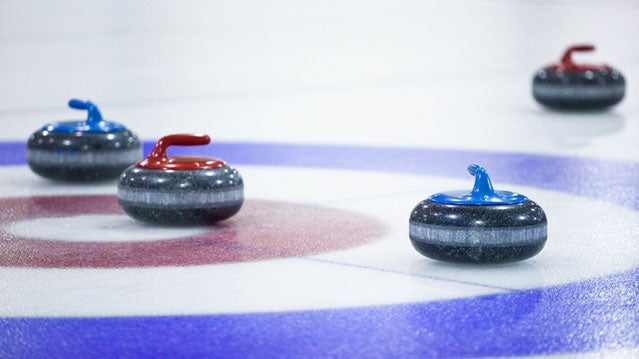The universe is finite. Or: The universe is infinite. One of those things is true—unless there’s some kind of alternate-capacity state of being that exists between ending and never-ending. If that’s the case, a lot of what we think we know and the ways we think about existence and, really, the meaning of everything from random meteor showers to why I ate a peanut-butter-and-jelly sandwich for Thanksgiving probably exist in some different way, a similar way possibly, but in a slightly or maybe totally different way from how we know or think of things to be.
It’s worrying, if you think too much about it. Because, really, we don’t know how we exist. Sure, mom-plus-dad-plus-doing-sex-equals-you (generally), but how what you are—a human—came to be a blueprint or a format or a mold for dominant life on Earth: we don’t really know that. Scientists don’t agree on this, so just stop right there trying to come up with own theory. It’s overwhelming, and these are all probably questions we’re better off not asking because the breadth and scope of it is so beyond what we are and therefore what we can probably process or understand.
So, there’s curling.
The Winter Olympics are held every four years, and since 1998 that’s meant that curling has been every four years, too. Well, curling’s been every year, since it’s a sport and people play it because it’s fun and for whatever other reasons Europeans and Canadians and Midwesterners play sports. Yet, in a general, worldwide consciousness, middle-aged people in pants and synthetic polo shirts only sweep the ice in front of a sliding rock every four years.
Which, fine. For basically every Olympic sport, this is how it goes. Every few years, you’re on TV at some weird hour and people—mostly people on the Internet—get fired up about how cool it is when you jump up and throw a ball into a net or be an American woman who plays soccer. Some other sports still get ignored because dressage, seriously? Your pants are ridiculous. But curling generally falls into the former category.
Until now, that is.
At least, for me, and anyone who decides to read this weekly curling column. The worldwide curling season is happening right now. (China won the men’s and women’s Pan Asian Championships. Already a villain!) And the European Championships take place this weekend. I won’t be there because I may or may not be on France’s no-fly list—I’ll get on an Air France flight without my Swiss Army knife as soon as they let pigs pilot planes—but it’ll all be online and beaming in through my computer, so I can tell you about it. There’s a way to appreciate the sport beyond the apparent-ridiculousness and the novelty, I think, so maybe I’ll figure that out, too.
I don’t really know anything about the sport beyond the basic rules, so don’t come here expecting a detailed breakdown of how Sweden won that end through prescient blocking strategy and superior, backhand, multi-bristle sweeping techniques because I’m pretty sure none of those things actually exist. But curling does; it exists as long as so do ice and stone.
There are definitely things that are less reassuring than watching someone in dress shoes slide down a sheet of ice, rock in hand, letting go—but really, letting go of so much more than just a cold stone—and screaming at two other adults furiously sweeping the frozen water with plastic brooms. The world spins, and it circles the sun. It does so in the endless abyss that is space, or on the finite black canvas that’s really just a plaything for some sentient, gigantic oyster. I don’t know, and I won’t try to know. And while that stone spins as it moves down the ice, I know where it is. It’ll keep moving, burning it’s way toward the other side of the sheet, but it’ll stop, and it’ll stop on the ice, grounded on something so slippery, but something also so real. Sometimes the coldest reality is the warmest reminder of the things that are easiest to forget.
In the words of Swedish pop-hard-rock duo Broken Door:


